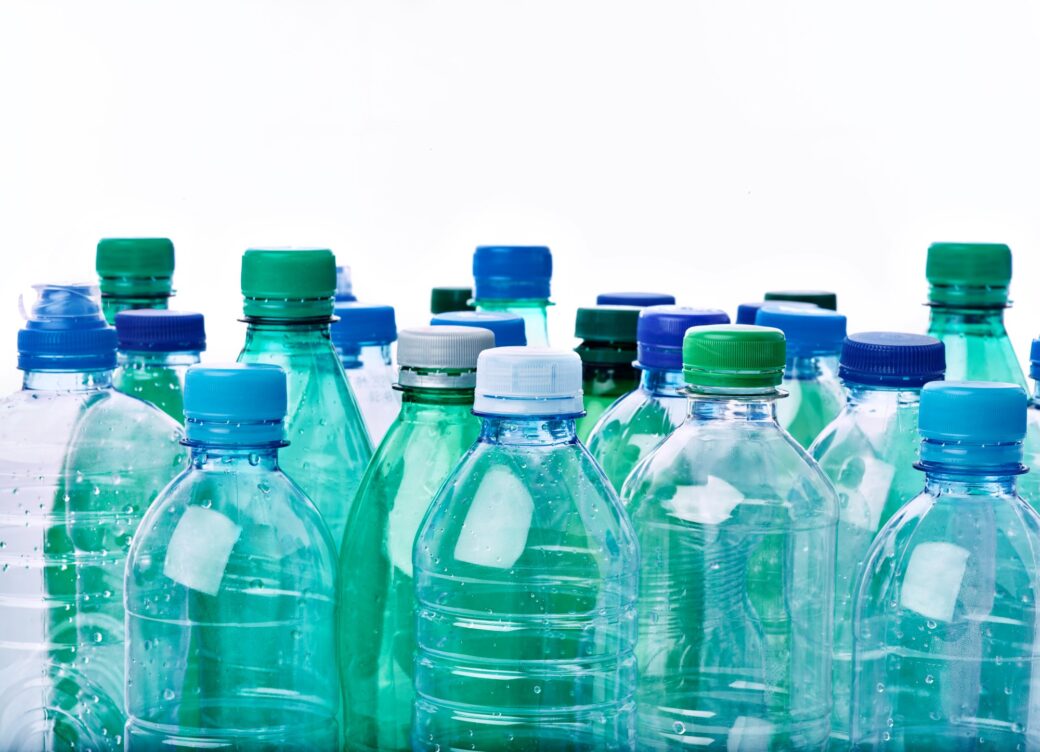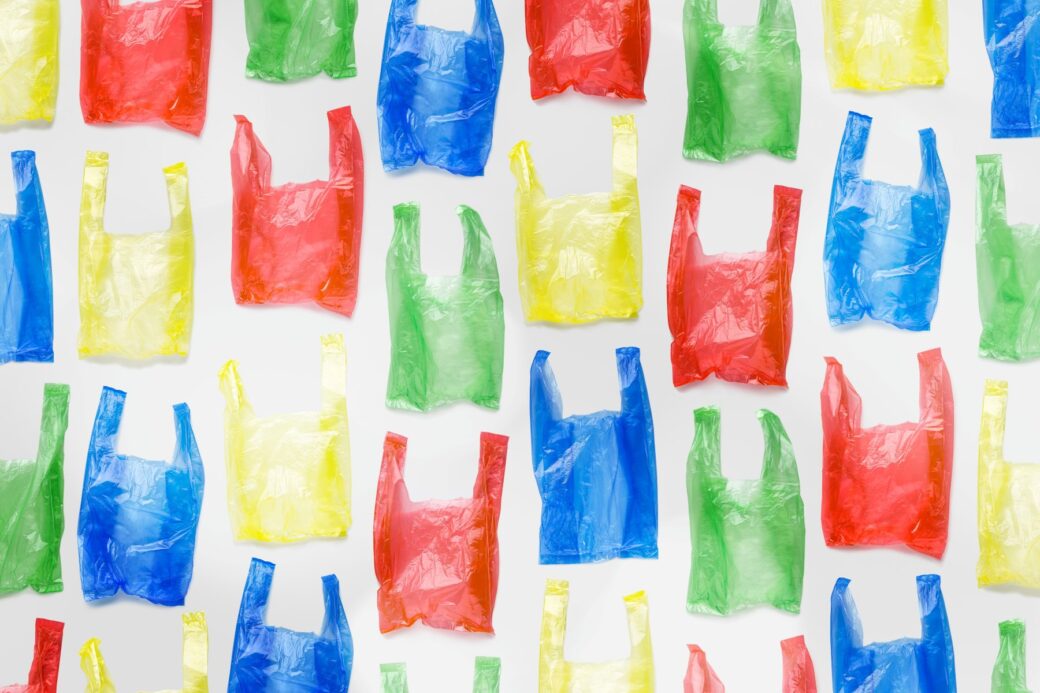On December 20, 2024, Defra announced the third round of estimated base fees for the packaging Extended Producer Responsibility (pEPR) scheme. These fees apply to packaging waste categorised as household waste and placed on the market by producers in 2024, with charges set to be applied in 2025.
Based on data submitted by large producers under the Extended Producer Responsibility scheme, Defra has stated its intention to provide “as much clarity as possible and the best data available to enable businesses to prepare.” With the final submission deadline for 2024 data set for April 1, 2025 (for H2 2024 reporting), the final fees are expected to be published later in July.
This marks the third update to the illustrative base fees, following previous rounds released on August 15 and September 30, 2024. The fees are designed to cover the costs of collecting and sorting household packaging waste by local authorities and are paid by producers in addition to any PRN (Packaging Recovery Note) obligations.
December 2024 Illustrative Base Fees
The fees are rounded to the nearest £5.
| Material | Fee per tonne |
| Paper | £215 |
| Fibre composite | £455 |
| Glass | £240 |
| Aluminium | £435 |
| Steel | £305 |
| Plastic | £485 |
| Wood | £320 |
| Other | £280 |
‘Other’ includes any materials not listed below. For example, bamboo, ceramic, copper, cork, hemp, rubber, silicone.
These figures were calculated by dividing the total packaging waste management costs (including other relevant costs) by the total amount of household packaging placed on the market.
Final Fees Expected in July 2025
The final pEPR fees for 2025 will be confirmed in July 2025, following the submission of a complete year’s producer data for 2024. Unlike earlier iterations that provided a range of estimates, this latest announcement provides a single fee per material to give producers greater clarity.
What to Expect in Year One and Beyond
In the first year of pEPR, producers will pay the base fee per tonne of household packaging reported. Starting in the second year, fees will be modulated based on the recyclability of the packaging, determined through Defra’s Recyclability Assessment Methodology (RAM).




